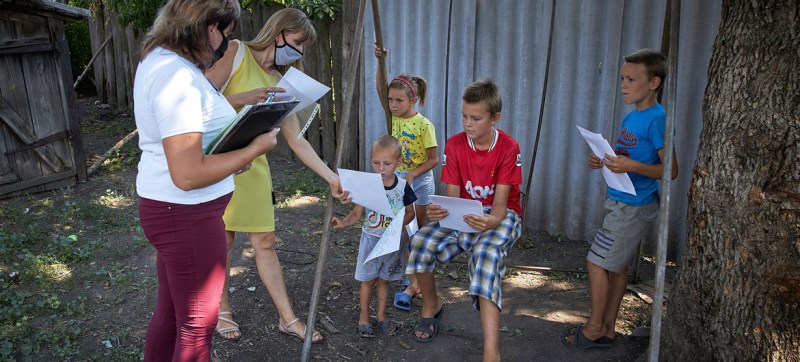 COVID19
COVID19 COVID-19 disrupting critical mental health services, WHO warns
New York: The global pandemic has disrupted critical mental health services in 93 per cent of the countries it surveyed, underscoring the devastating impact of COVID-19 and highlighting an urgent need to scale up funding, the UN World Health Organization (WHO) has said.
Announcing the findings on Monday, the UN health agency also said that the pandemic has increased the need for the vital services.
“COVID-19 has interrupted essential mental health services around the world just when they’re needed most,” said Tedros Adhanom Ghebreyesus, WHO Director-General, calling on world leaders to “move fast and decisively to invest more in life-saving mental health programmes – during the pandemic and beyond.”
Bereavement, isolation, loss of income and fear are triggering mental health conditions or exacerbating existing ones. Many people may be facing increased levels of alcohol and drug use, insomnia, and anxiety, according to WHO. “Good mental health is absolutely fundamental to overall health and well-being,” he added.
COVID-19 itself can lead to neurological and mental complications, such as delirium, agitation, and stroke. People with pre-existing mental, neurological or substance use disorders are also more vulnerable to SARS-CoV-2 infection – they may stand a higher risk of severe outcomes and even death.
Survey findings
The survey – conducted between June and August 2020, covering 130 countries – evaluated how the provision of mental, neurological and substance use services changed due to COVID-19, the types of services disrupted, and how the countries are adapting.
It showed that while many countries (70 per cent) adopted telemedicine or teletherapy to overcome disruptions to in-person services, there were significant disparities among them. More than 80 per cent of high-income countries reported deploying such measures to bridge gaps, compared with less than 50 per cent of low-income countries, said WHO.
Findings also showed that counselling and psychotherapy were disrupted in 67 per cent of the countries, 65 per cent reported impact on critical harm reduction services, and 45 per cent on treatment for opioid dependence.
More than a third (35 per cent) reported disruptions to emergency interventions, including those for people experiencing prolonged seizures, severe substance use withdrawal syndromes, and delirium, often a sign of a serious underlying medical condition. Three in ten countries also reported disrupted access for medications for mental, neurological and substance use disorders.
The results were released ahead of the UN health agency’s Big Event for Mental Health – a global online advocacy event on 10 October, which will highlight the need for increased investments in mental health in the wake of COVID-19.
Ensure resources for essential services
Recalling its guidance on maintaining essential services – including mental health services – during COVID-19, WHO urged countries to allocate resources to mental health as an integral component of their response and recovery plans.
“This all highlights the need for more money for mental health,” said WHO, noting that as the pandemic continues, even greater demand will be placed on national and international mental health programmes that have suffered from years of chronic underfunding. According to the survey results, while 89 per cent of countries reported that mental health and psychosocial support is part of their national COVID-19 response plans, only 17 per cent among them reported having full additional funding to cover these activities.
Prior to the pandemic, countries were spending less than 2 per cent of their national health budgets on mental health, and struggling to meet their populations’ needs, the UN agency added, calling for greater resources for the sector, including from international partners as mental health receives less than 1 per cent of international aid earmarked for health.
Support Our Journalism
We cannot do without you.. your contribution supports unbiased journalism
IBNS is not driven by any ism- not wokeism, not racism, not skewed secularism, not hyper right-wing or left liberal ideals, nor by any hardline religious beliefs or hyper nationalism. We want to serve you good old objective news, as they are. We do not judge or preach. We let people decide for themselves. We only try to present factual and well-sourced news.







